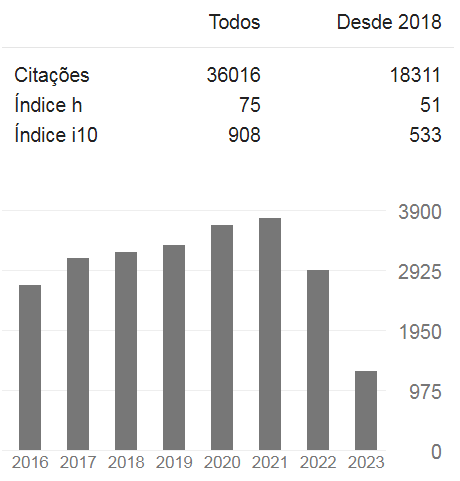Adherence to treatment and factors that interfere with HIV positive and those living with aids
DOI:
https://doi.org/10.35699/reme.v15i2.50388Keywords:
AIDS, Adherence to the Treatment, Anti retroviral TherapyAbstract
Acquired Immune Deficiency Syndrome (AIDS) is an infectious and contagious disease transmitted mainly by unprotected sexual contact. Over the years there was an increase in life expectancy as well as a better quality of life for those with AIDS. Nevertheless an adequate response to treatment depends on the adherence to a drug regimen in addition to measures without medication. This study aims to investigate the adherence to treatment and the factors that interfere with it in HIV positive and those living with the disease. It is an exploratory and descriptive study with a quantitative approach carried out in a public hospital in the city of Campina Grande-PB. The data was collected in April 2009. 40 people diagnosed with HIV/AIDS participated in the research. Results demonstrated that 65% are male, 45% aged between 30 to 40 years, 72.5% are single with a low education and a low income. The majority of the participants taking part in the research had their diagnosis confirmed 6 to 10 years previously. The results also evidenced that 60% makes regular use of the anti retroviral even having side effects. As for treatments without medication 87.5% does not perform any physical activity. Participation in the whole process is necessary if a bigger adherence to treatment is to be achieved and nurses play a decisive role in the development of actions aiming to assist these individuals.Downloads
Published
2011-06-01
Issue
Section
Research
How to Cite
1.
Adherence to treatment and factors that interfere with HIV positive and those living with aids. REME Rev Min Enferm. [Internet]. 2011 Jun. 1 [cited 2025 Oct. 4];15(2). Available from: https://periodicos-hml.cecom.ufmg.br/index.php/reme/article/view/50388






































